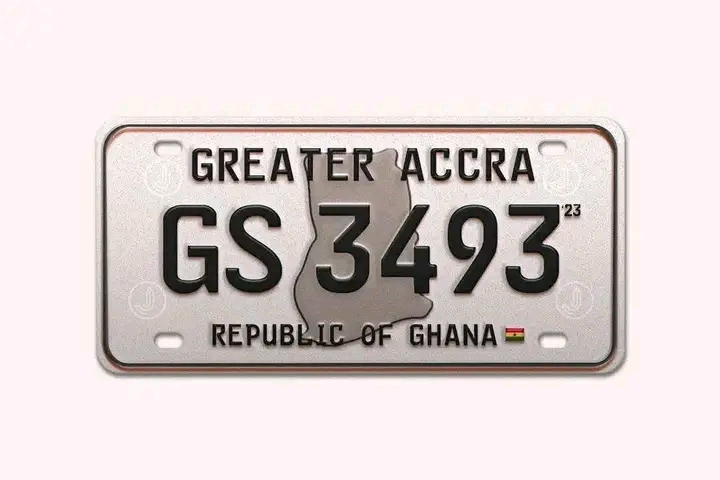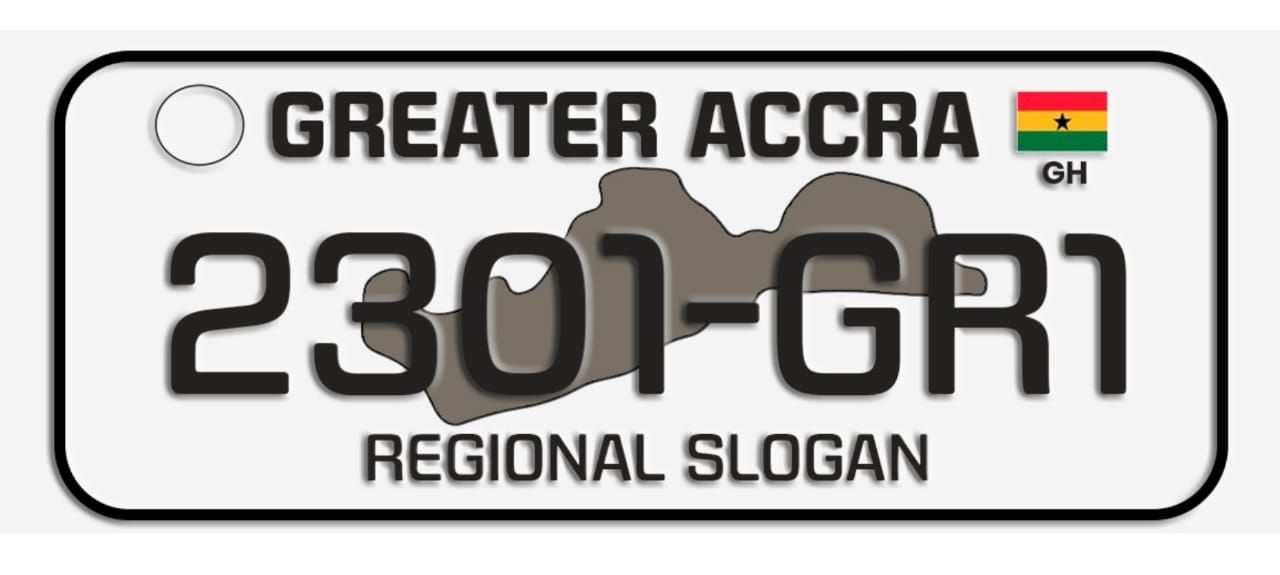By: Kenneth Appiah Bani
The Driver and Vehicle Licensing Authority (DVLA) has announced a major innovation in Ghana’s vehicle registration system, set to take effect in 2026. According to the Chief Executive Officer, Julius Neequaye Kotey, the new number plates will come with advanced security features, including Radio Frequency Identification (RFID) technology, to enhance vehicle regulation, improve road safety, and modernize transportation management.
Mr. Kotey explained that the new plates will not only streamline registration processes but also provide a more secure and efficient framework for monitoring vehicles nationwide.
One of the core objectives of the initiative is to combat smuggling and tax evasion in the automobile industry. With the plates linked to a central DVLA database, it will be impossible to register smuggled or uncustomed vehicles, popularly known as “Togo cars,” without detection.
Law enforcement agencies will also benefit from quicker vehicle tracking. The embedded RFID chip allows instant scanning, giving authorities immediate access to a vehicle’s details. This will make it easier to trace cars used in criminal activities or other offences.
Additionally, the system is expected to support automated toll collection. The RFID technology will enable direct communication with toll systems, paving the way for contactless payments and reducing long queues at toll booths.

Modern Features for Efficiency
Unlike the current year-based numbering, the new plates will display a regional name and area code. This design will make it easier for the public and security officials to identify a vehicle’s origin at a glance.
The plates will also be made with reflective materials to enhance visibility at night and in poor weather conditions, thereby improving road safety. Beyond durability, the integration with a centralized digital system will cut down on human error, curb fraudulent registrations, and speed up licensing processes.
The DVLA emphasizes that the upcoming plate design and features are part of an evolving system, subject to refinement before their official rollout in 2026.
“These changes are aimed at creating a more secure, transparent, and effective vehicle management system that benefits both vehicle owners and the public,” Mr. Kotey stated.







